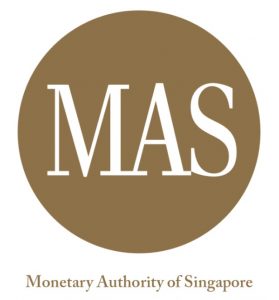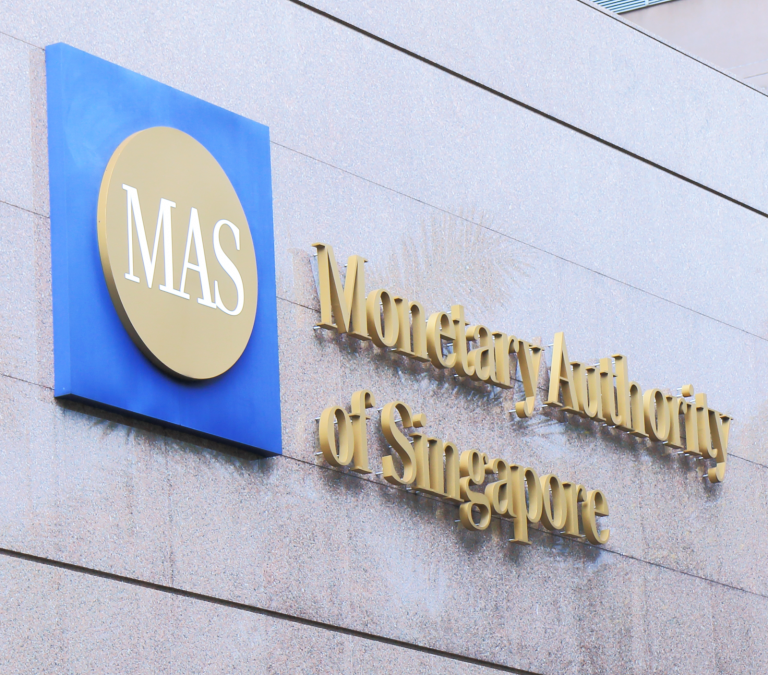The central bank of Singapore has finalized the country’s new regulatory framework for payment services, which now includes cryptocurrency. Crypto payment service providers, which fall outside of the current regulatory framework, will need to be licensed under the new regime.
Also read: Yahoo! Japan Confirms Entrance Into the Crypto Space
Regulating Crypto Payment Services
 The Monetary Authority of Singapore (MAS), the country’s central bank, announced on Monday that it has finalized the new regulatory framework for payment services. The Payment Services Bill “will provide a more conducive environment for innovation in payment services, whilst ensuring that risks across the payments value chain are mitigated,” the central bank explained. The bill was submitted to parliament by Education Minister and MAS board member Ong Ye Kung, the Straits Times reported.
The Monetary Authority of Singapore (MAS), the country’s central bank, announced on Monday that it has finalized the new regulatory framework for payment services. The Payment Services Bill “will provide a more conducive environment for innovation in payment services, whilst ensuring that risks across the payments value chain are mitigated,” the central bank explained. The bill was submitted to parliament by Education Minister and MAS board member Ong Ye Kung, the Straits Times reported.
Cryptocurrency service providers that fall outside of the current regulation can expect to be licensed under the new regulatory framework, the publication described. “It is expected to affect electronic wallets and digital payment tokens such as Grabpay, bitcoin and ethereum,” the news outlet added, noting:
Activities to be regulated by the bill include the issuing of accounts and electronic money, the transfer of money within and out of Singapore, the acquisition of merchants who will use their platform, money changing, and the dealing in and exchange of digital payment tokens such as bitcoin.
Parallel Frameworks and Licenses
 According to the central bank’s announcement, the bill comprises two parallel regulatory frameworks. The first enables the central bank “to regulate systemically important payment systems for financial stability as well as efficiency reasons.” The other requires retail payment service providers to be licensed. One license is needed per service provider at any point in time, the MAS noted.
According to the central bank’s announcement, the bill comprises two parallel regulatory frameworks. The first enables the central bank “to regulate systemically important payment systems for financial stability as well as efficiency reasons.” The other requires retail payment service providers to be licensed. One license is needed per service provider at any point in time, the MAS noted.
The Straits Times detailed that payment service providers must apply for a license as either a money-changer, a standard payment institution, or a major payment institution. The former two will be regulated primarily for money laundering and terrorism financing risks while the latter more comprehensively. “Payment service providers can apply to be a standard or major payment institution, depending on their transaction volumes,” the publication conveyed, elaborating:
The MAS will allow up to 12 months for payment service providers to comply with the changes after the new Act is in force. Those who provide digital payment tokens will be given six months to comply.
What do you think of Singapore’s regulation for crypto payment services? Let us know in the comments section below.
Images courtesy of Shutterstock and the MAS.
Need to calculate your bitcoin holdings? Check our tools section.
The post Singapore Finalizes Regulatory Framework for Cryptocurrency Payment Services appeared first on Bitcoin News.














